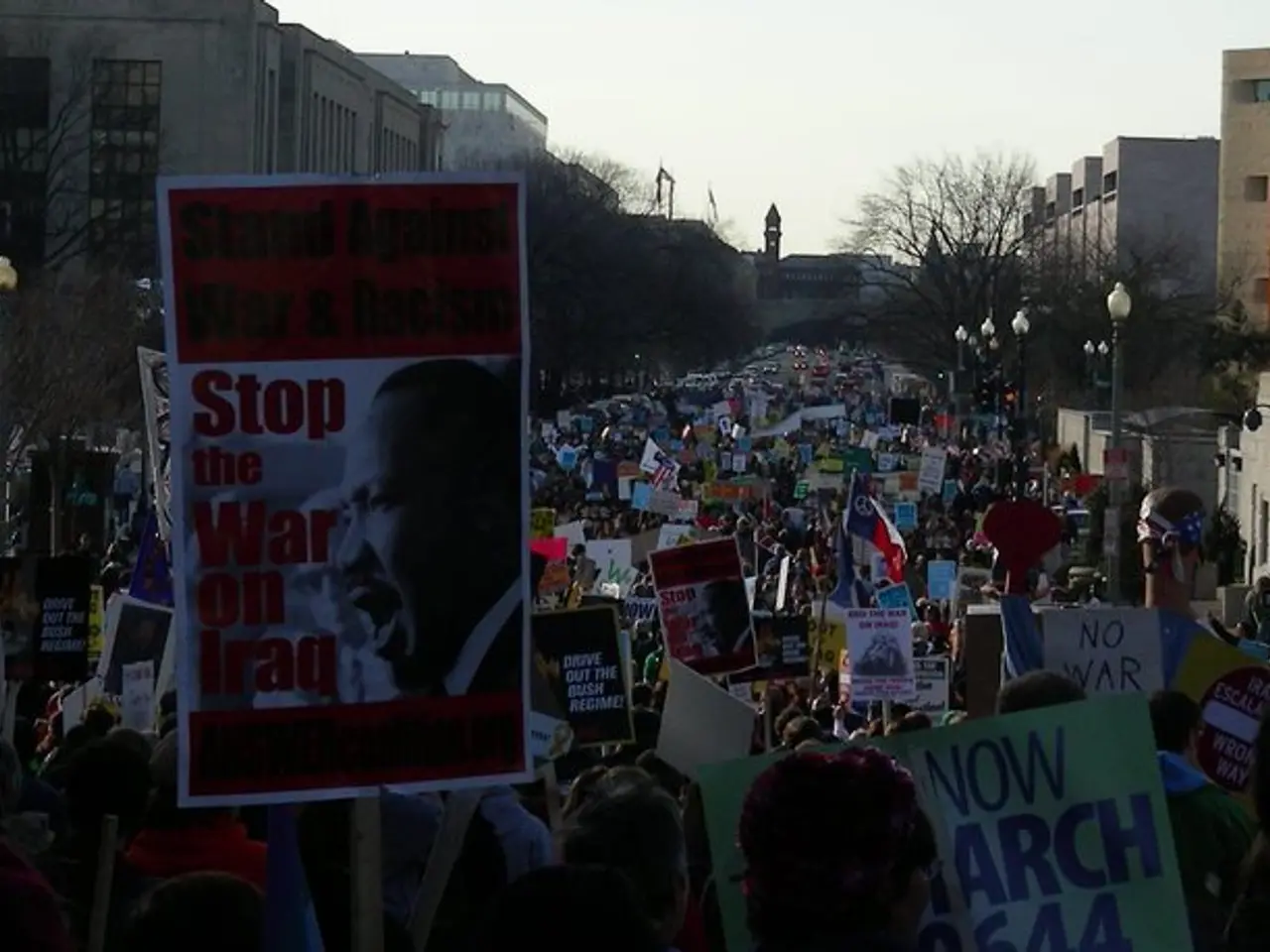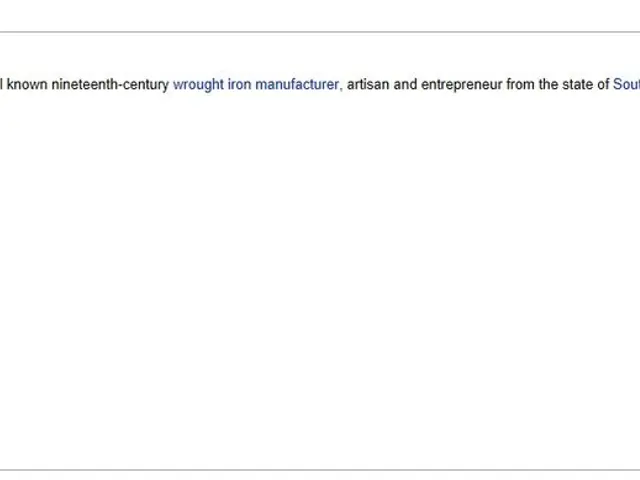Multitude of individuals detained during demonstrations supporting Palestine Action.
UK Outlaws Pro-Palestinian Group Palestine Action Under Terrorism Act
In a controversial move, the Keir Starmer government has outlawed the pro-Palestinian NGO Palestine Action under the Terrorism Act 2000. This decision came after the group was accused of raiding a British military base, resulting in significant damages estimated at £7 million (8.1 million euros).
The outlawing of Palestine Action was enacted following a series of incidents, including a reported nationwide campaign of direct criminal actions aimed at businesses and institutions. Members of the group were said to have broken into a military airfield and spray-painted military aircraft.
The Terrorism Act 2000 allows the UK government to proscribe organizations believed to be involved in terrorism, criminalizing membership, support, or promotion of the group. The broad definition includes serious property damage as an act of terrorism, though international standards typically restrict terrorism to acts causing death or serious injury with the intent to intimidate populations or compel governments.
Criticism of this ban includes concerns from the UN Human Rights Chief Volker Türk and organizations like Amnesty International, who argue the UK’s definition is overly broad and that the proscription violates freedoms of expression and assembly, misusing counter-terrorism laws to suppress political activism rather than genuine terrorist activity.
The consequences of the proscription include criminal penalties for being a member of or supporting Palestine Action. It is illegal not only to belong to the organization but also to express support or display clothing or symbols that might reasonably suggest membership or support. Violations of these provisions can result in prison sentences of up to 14 years and fines.
During a protest in the British capital on Saturday, the London Metropolitan Police made over 200 arrests, mostly of registered users. Four individuals were arrested for assaulting some officers, but no further details about the assaults or the individuals involved were provided.
The outlawing of Palestine Action does not apply to registered users. However, cases have been brought against individuals for displaying support, illustrating active enforcement of these laws. For example, three people were charged under section 13(1) of the Terrorism Act 2000 for publicly displaying items arousing suspicion of supporting Palestine Action.
In summary, the outlawing of Palestine Action under the Terrorism Act 2000 has sparked controversy due to human rights concerns about overbroad use of terrorism laws, suppression of legitimate protest and expression, and disproportionate response. This underscores the tension between UK counter-terrorism policy and human rights advocacy regarding the scope of terrorism criminalization.
People have criticized the UK government's decision to outlaw Palestine Action under the Terrorism Act 2000, with UN Human Rights Chief Volker Türk and Amnesty International arguing that the broad definition of terrorism and the proscription violate freedoms of expression and assembly. In politics and policy-and-legislation discussions, this debate highlights the tension between UK counter-terrorism policy and human rights advocacy, raising general news concerns about the appropriate use of terrorism laws to suppress political activism.








